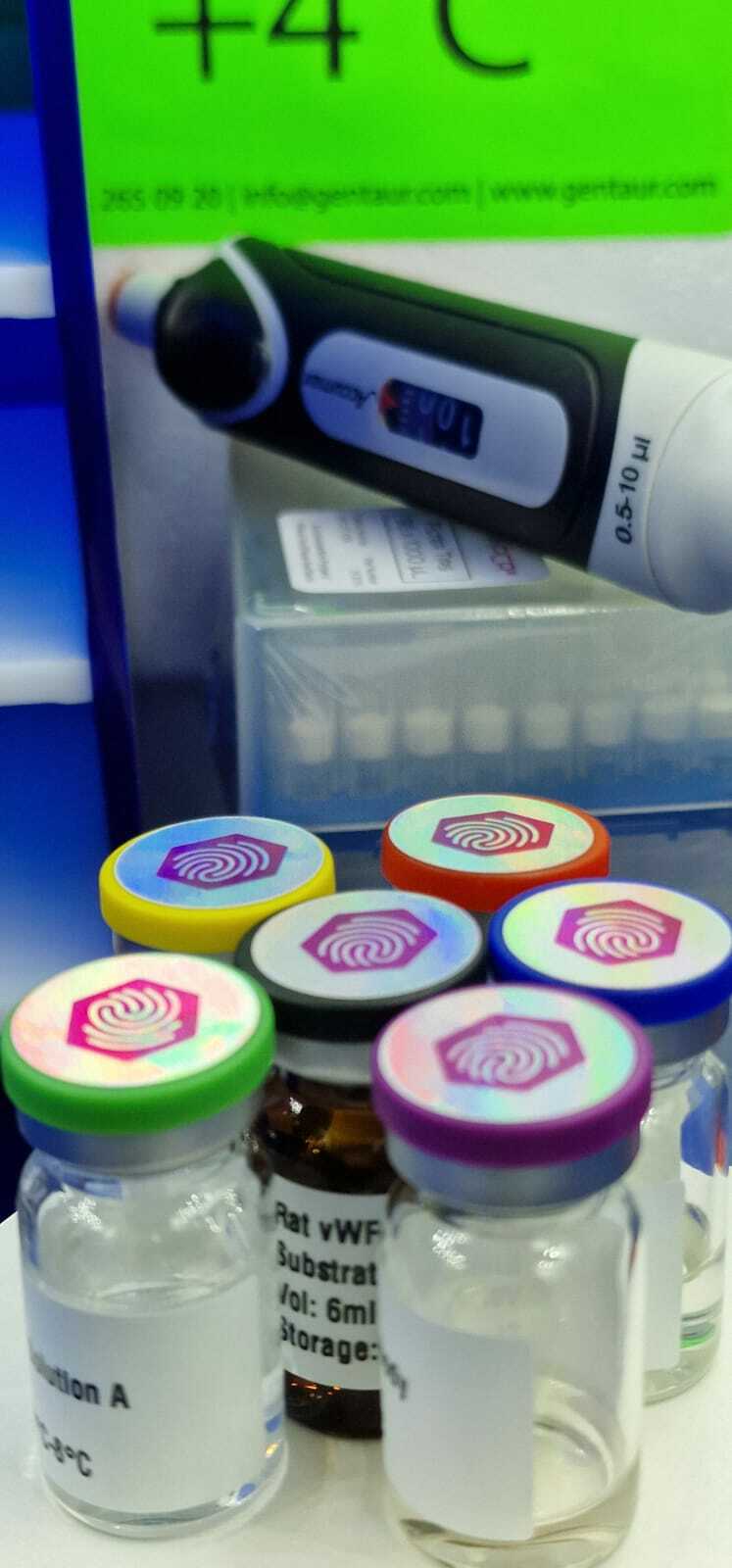Chemicals
In the field of molecular biology and biomedical research, the quest to unravel the intricacies of cellular mechanisms and disease pathways relies heavily on the arsenal of specialized tools and reagents available to scientists. Among these invaluable resources are antibodies, versatile molecules capable of specifically recognizing and binding to target proteins with high affinity. These antibodies serve as indispensable probes in a wide array of experimental techniques, facilitating the detection, quantification, and localization of proteins of interest within complex biological systems.

A range of antibodies has been developed targeting key proteins implicated in diverse cellular processes across different species. These antibodies find applications in various experimental methodologies, including ELISA (Enzyme-Linked Immunosorbent Assay), WB (Western Blot), and IHC (Immunohistochemistry), enabling researchers to explore protein expression and function with remarkable precision.
Among these antibodies is the Fibronectin 1 (FN1) antibody (click here for the datasheet), which exhibits reactivity with samples from humans and dogs. Its utility spans ELISA, WB, and IHC, making it an important tool for investigating the role of fibronectin in cellular adhesion and signaling pathways in both human and canine systems.
Similarly, the RNA binding motif protein 28 (RBM28) antibody demonstrates reactivity with samples from humans, mice, and dogs. With applications in ELISA, WB, and IHC, this antibody facilitates the exploration of RBM28's involvement in post-transcriptional gene regulation across multiple species.
The Ribophorin I (RPN1) antibody specifically targets human samples, offering a means to study the role of RPN1 in protein glycosylation processes through ELISA and WB techniques.
The Rac GTPase-activating protein 1 (RACGAP1) antibody, reactive with both human and dog samples, serves as a versatile tool for investigating the functions of RACGAP1 in cellular signaling and cytoskeletal dynamics using ELISA and WB methodologies.
These antibodies represent a vital component of the researcher's toolkit, empowering investigations into fundamental biological processes, disease mechanisms, and potential therapeutic targets across species boundaries. Their adaptability and specificity make them indispensable assets in the pursuit of scientific discovery and medical advancement.
